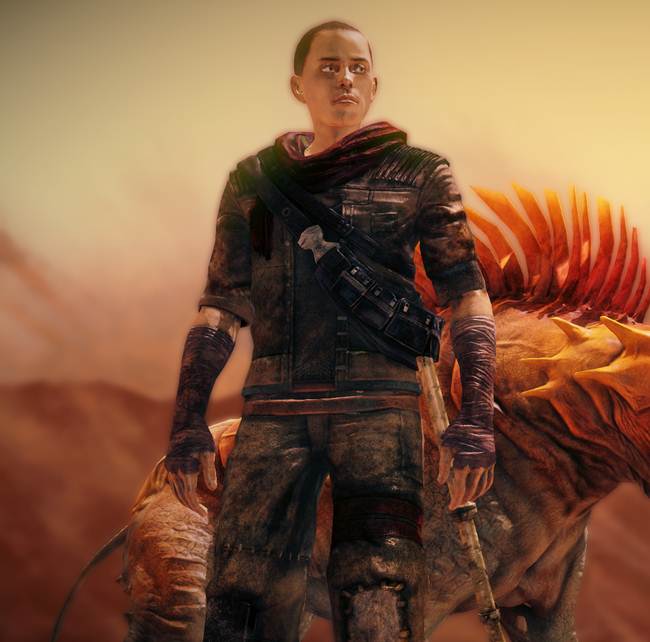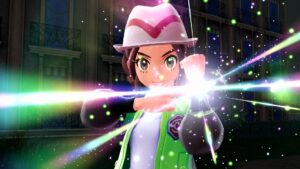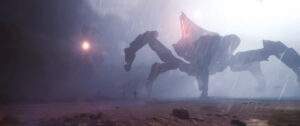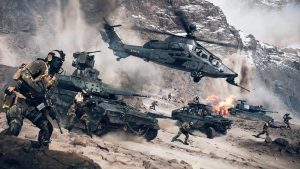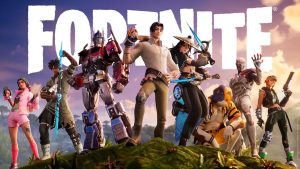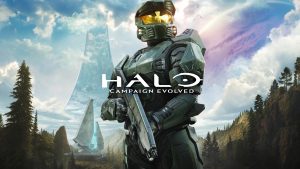
Ever since we could remember, our culture has had a fascination with Mars. Be it through movies like Total Recall or sending expeditions in the present day to explore the red planet, there will always be this innate desire to examine a barren, alien-like world so different from our own. In the cases of Mars War Logs, the disparity is more than just rock-deep.
The action RPG explores a future of humanity engulfed in civil war, despite technological advancements and inter-planetary colonization. We sat down with Spiders Studio CEO Jehanne Rousseau to explore what went into developing the game, and similarities in systems from the Mass Effect series.
Ravi Sinha: What prompted the decision to go with a digital release via Xbox Live, PSN and Steam? Wouldn’t something of this scale benefit more from a moiretail release?
Jehanne Rousseau: We did want to produce or at least co-produce our own game, but we are an independent studio and releasing a retail game requires thea kind of budget we simply didn’t have. Mars is a new franchise with some mature content that no publisher this side of the solar system would be willing to invest gazillions in without taking control of everything in the project.
This was not an option, so we preferred to do our thing with a lower budget and the support of a publisher who respected our perspective.
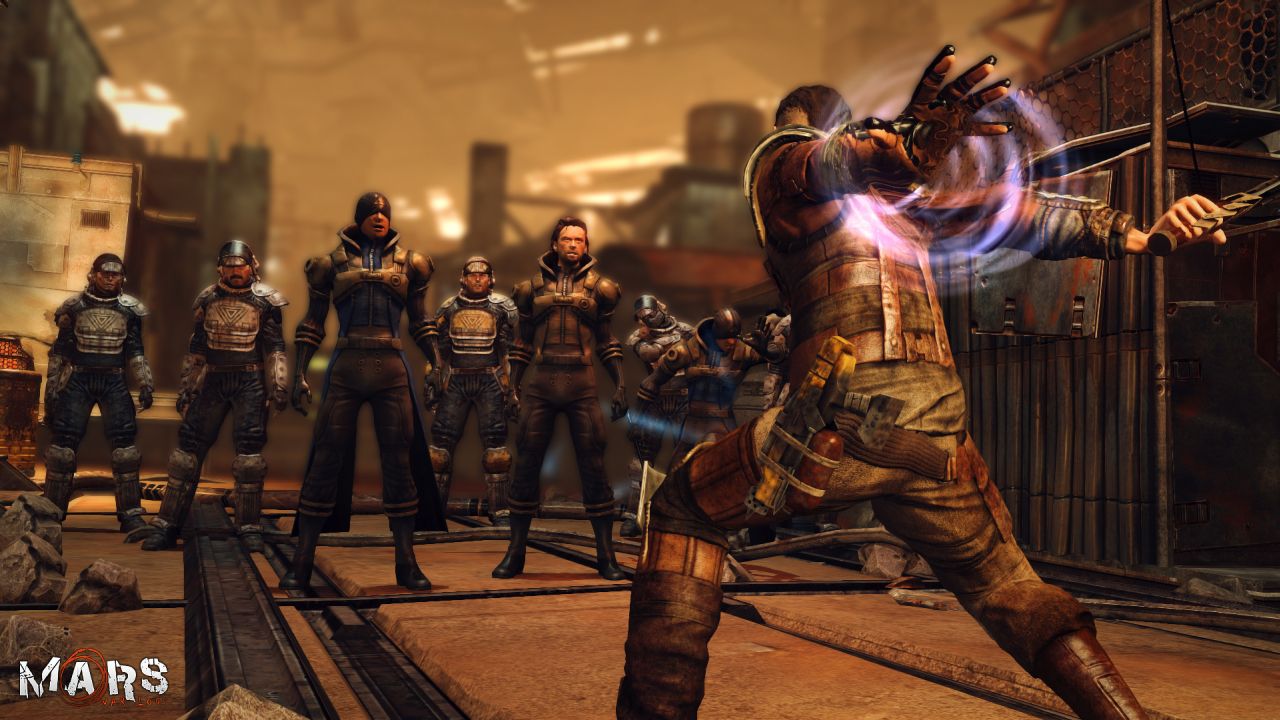
Ravi Sinha: Tell us more about the dialogue and decision making system. How does it differ from games like Mass Effect?
Jehanne Rousseau: Both obviously have spiritual ancestors in common, as we’ve been playing Bioware’s RPGs (among others) since the Baldur’s Gate eratimes, way before Spiders Games was founded. Dialogues in Mars: War Logs naturally build on that gaming experience, as well as on the experience we gained from our own previous works.
So you still get to pick your lines depending on the kind of attitude you wish to show, the way you plan to deal with every single issue in the game or just depending on how much more you want to learn from the person you’re talking to [One thing is, besides the necessary tutorial stuff, we didn’t want to hold players’ hands by the hand too much, so whenever they’re curious to know more about the background, somehow they will actually have to role-play ‘curious’ and ask the friendlier (or not) NPCs that are around – while unlocking codex entries that will let them know even more].
"Combat is meant to be dynamic, but tactics do remain essential, or you will find yourself surrounded and your companions knocked down unconscious pretty quickly."
The decisions you make throughout the game will then affect the story – sometimes quite dramatically – and the outcome of various quests, but also your reputation and how your companions or other NPCs will see you. Or even ‘touch’ you, for some of them.
On the other hand, and because of the importance of your choices, we wanted to make sure these choices were as clear as possible. So we eventually left the (Mass Effect style) dialogue wheel and “key-word” system that we had in our previous games, and got back to actual sentences that leave little doubt as to what your character will be saying or doing once you’ve picked your reply.
In the end, we’d should we compare the dialogue system in Mars with other RPGs, games like Knights of the Old Republic, Dragon Age: Origins or more recently The Witcher 2 would probably feel closer rather than Mass Effect.
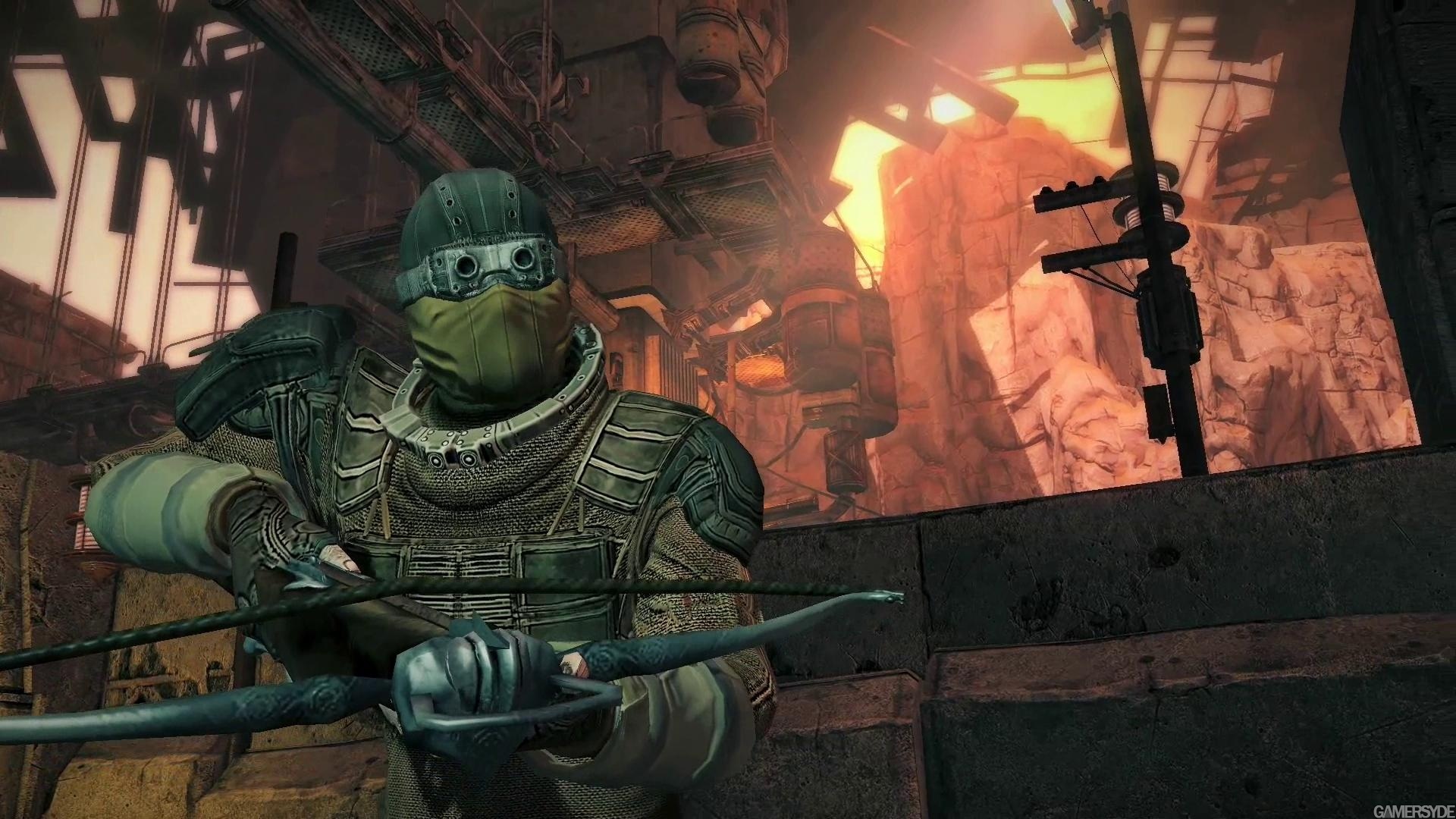
Ravi Sinha: The combat is pushing for different styles and abilities, but how will these abilities affect other areas outside of the game like exploration and puzzles? Will there be multiple ways to approach a problem using the skills you have?
Jehanne Rousseau: There definitely are multiple ways to approach a problem, but for the very most part they rely on the choices you make in dialogues. Some of the Feats you can develop throughout your character progression may increase your chance of looting interesting stuff, or improve your crafting skills (so you can make better upgrades for your equipment) for instance, but in the end your abilities remain dedicated to increasing your chance of survival in a post-apocalyptic setting that will have you getting you into a lot of fights.
Now, of course, if said problem actually IS a tough fight, some abilities can help you win the battle before it even starts, or make sure it doesn’t happen at all.
Ravi Sinha: Is combat meant to be more tactical and less twitchy? Even moves like dodging and fighting seem more calculated than the twitch-happy nature of most action RPGs these days.
Jehanne Rousseau: Combat is meant to be dynamic, but tactics do remain essential, or you will find yourself surrounded and your companions knocked down unconscious pretty quickly… and then things will probably get lethally twitchy on you too eventually! So you need to analyze and adapt. Just dodging and rolling around until you get a clear shot can do the trick for some time if you’re lucky, but this mostly suggests that you had just better hit the Tactics Menu command and take the time to rethink the situation.
Mars is said to be a difficult game, especially as the main character Roy and his allies are just human beings and can only take so many hits before they die… But actually it’s all about taking advantage of every option you have. Every single skill, item or upgrade – whether skill or equipment – is useful and can make a major difference in battle when used properly.
Once you’ve understood the mechanics and tools at your disposal best suited to your playing style AND the kind of enemy you are fighting, then combat should get that satisfyingactory ‘almost too easy’ feeling even on the higher difficulty levels… and becoming the most dangerous guy on the planet feels all the more rewarding.
"Technology has made some serious steps backwards, while violence, fanaticism, racism, misery and despair are pretty much everywhere. There’s still hope, though. Since there’s still life."
Ravi Sinha: A lot of science fiction centered around Mars defines it as this other frontier for humanity, one that can represent hope and answers just as easily as it can bring to life man’s savagery. What tone does Mars War Logs go for when defining the Red Planet?
Jehanne Rousseau: Mars War Logs is a little grimmer and more pessimistic, as you realize that even after achieving space travel and colonization of Mars, humanity is still confronted with the very same issues and dangers, both globally and individually.
First you get some sort of crude reminder of our place in the universe in that whatever the faith, whatever the ambition or the technology of your civilization, all your efforts can be ruined in a flash by something that’s just completely out of your control.
Then you see private companies replacing governments completely, and using the people who depend on them as soldiers to fight for the control of whatever’s left of that destroyed new world. And as you dig deeper, you realize that despite the Science Fiction setting suggested by the time and place, there’s not much of a future left in a post-apocalyptic world like this.
Technology has made some serious steps backwards, while violence, fanaticism, racism, misery and despair are pretty much everywhere. There’s still hope, though. Since there’s still life. And it’s actually up to you, as a player, to decide if you wish to preserve it as much as possible, or let your anger and personal interests take priority over any ideal of rebuilding a more ‘civilized’ civilization.
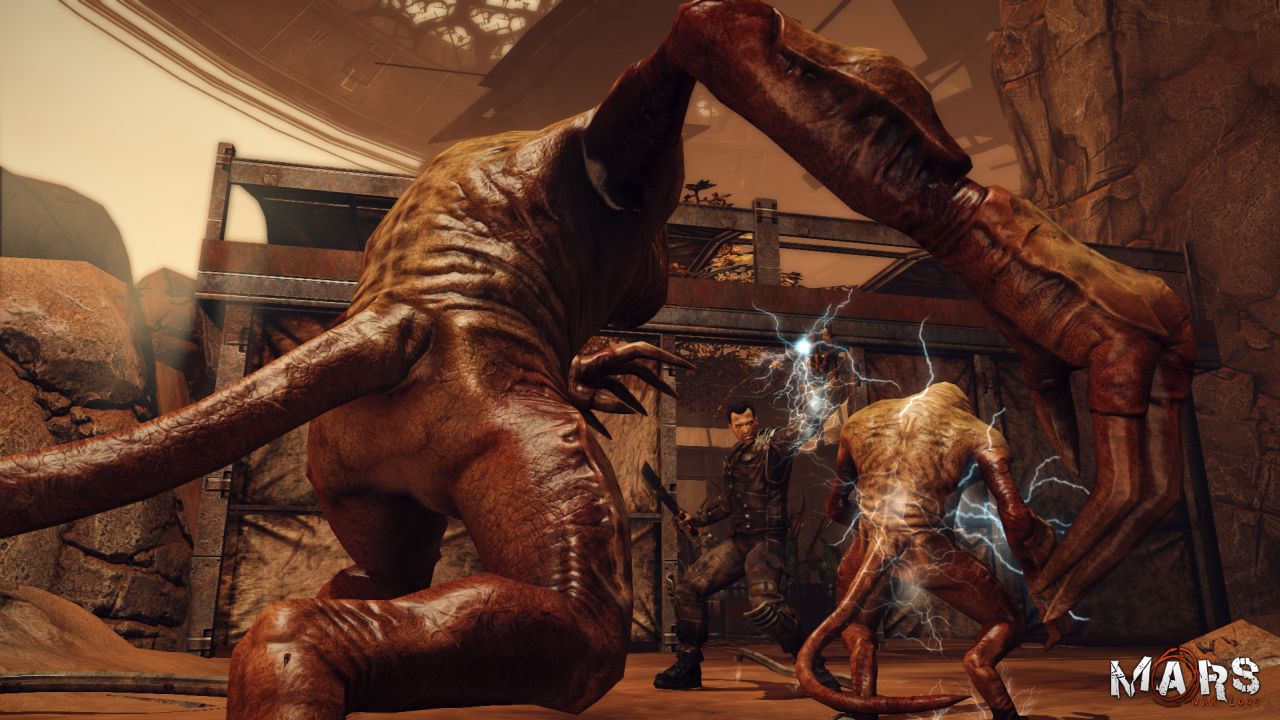
Ravi Sinha: What kind of play-time are you looking for with the game? What kind of incentives will there be to replay it, besides the differing abilities?
Jehanne Rousseau: One playthrough should take 12 to 15+ hours in medium difficulty depending on how much time you dedicate to exploring and finding out more about the game universe.
But there’s actually one particular major point in the main quest that will have you choose between two opposite sides… and then walk along two different paths through the whole final third of the game, along with different allies, a different extra (romanceable) companion and several different outcomes depending on some other important decisions to make. Also, when replaying through, you should notice many other smaller changes depending on the way you behaved or solved (or not) certain quests.








